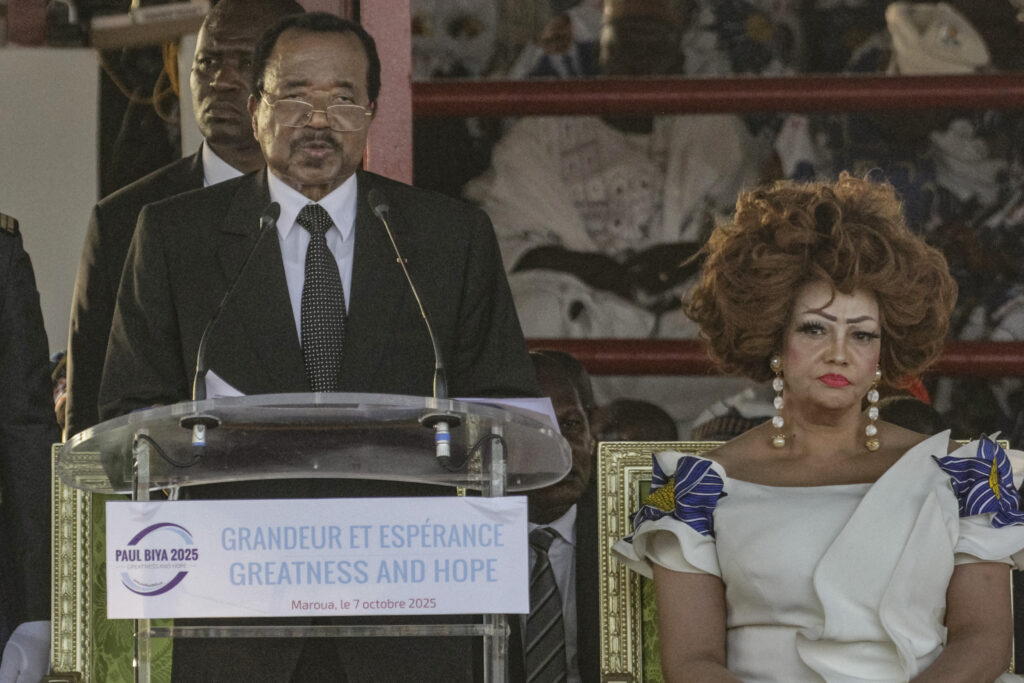Cameroon’s President Paul Biya, the world’s oldest head of state at 92, is widely expected to secure an eighth term in Sunday’s presidential election. Despite facing a fragmented opposition of 11 candidates, Biya’s long-standing grip on power since 1982 remains unchallenged. The election’s credibility has been questioned by human rights groups, with concerns over fairness and transparency. Biya’s health, a topic of increasing speculation as he enters his tenth decade, adds another layer of uncertainty to the race. Should he win, he would be nearly 100 by the end of his term. The opposition, led by figures like Maurice Kamto, who was barred from running, has struggled to unite voters under promises of change and economic relief. Kamto’s exclusion has fueled accusations of electoral manipulation, with some citizens labeling the vote a “scam.” Despite this, Biya retains support among those who value his decades of experience in a country where half the population is under 20. His rare campaign appearance in Maroua, where he emphasized his commitment to serving the nation, drew mixed reactions. Critics argue that Biya’s rule has been marked by repression and regional alliances to maintain power, while supporters praise his leadership and stability. The election unfolds against a backdrop of economic challenges, including high living costs and limited access to basic services, as well as ongoing separatist conflicts in English-speaking regions. Observers have been deployed to monitor polling stations, though the government has dismissed these efforts as attempts to skew results. With low turnout expected in conflict-affected areas, the election is unlikely to bring significant change to Cameroon’s political landscape.
